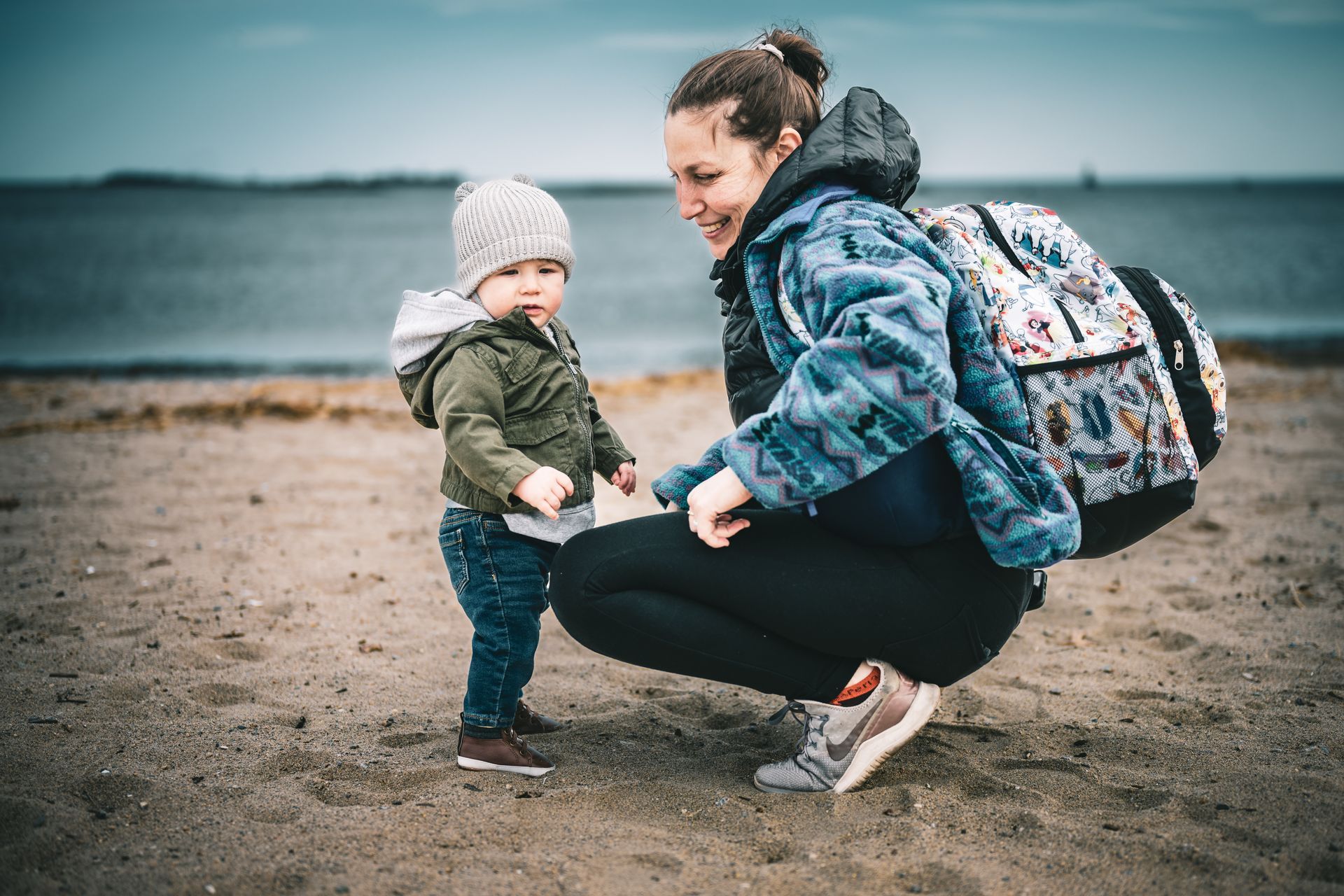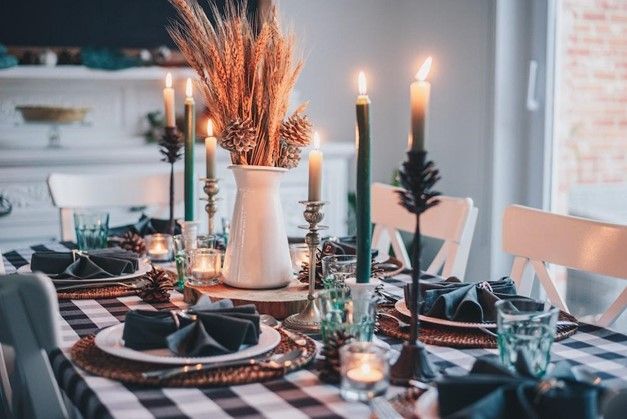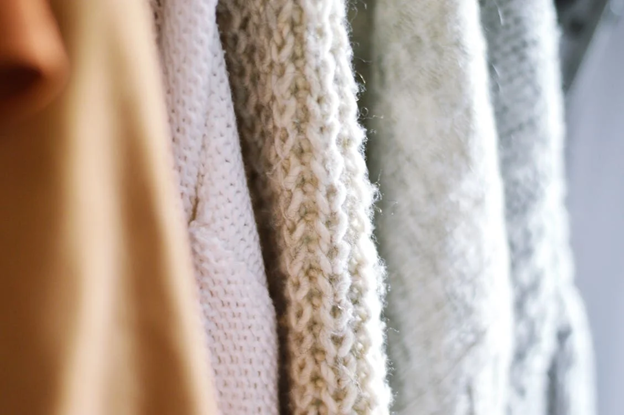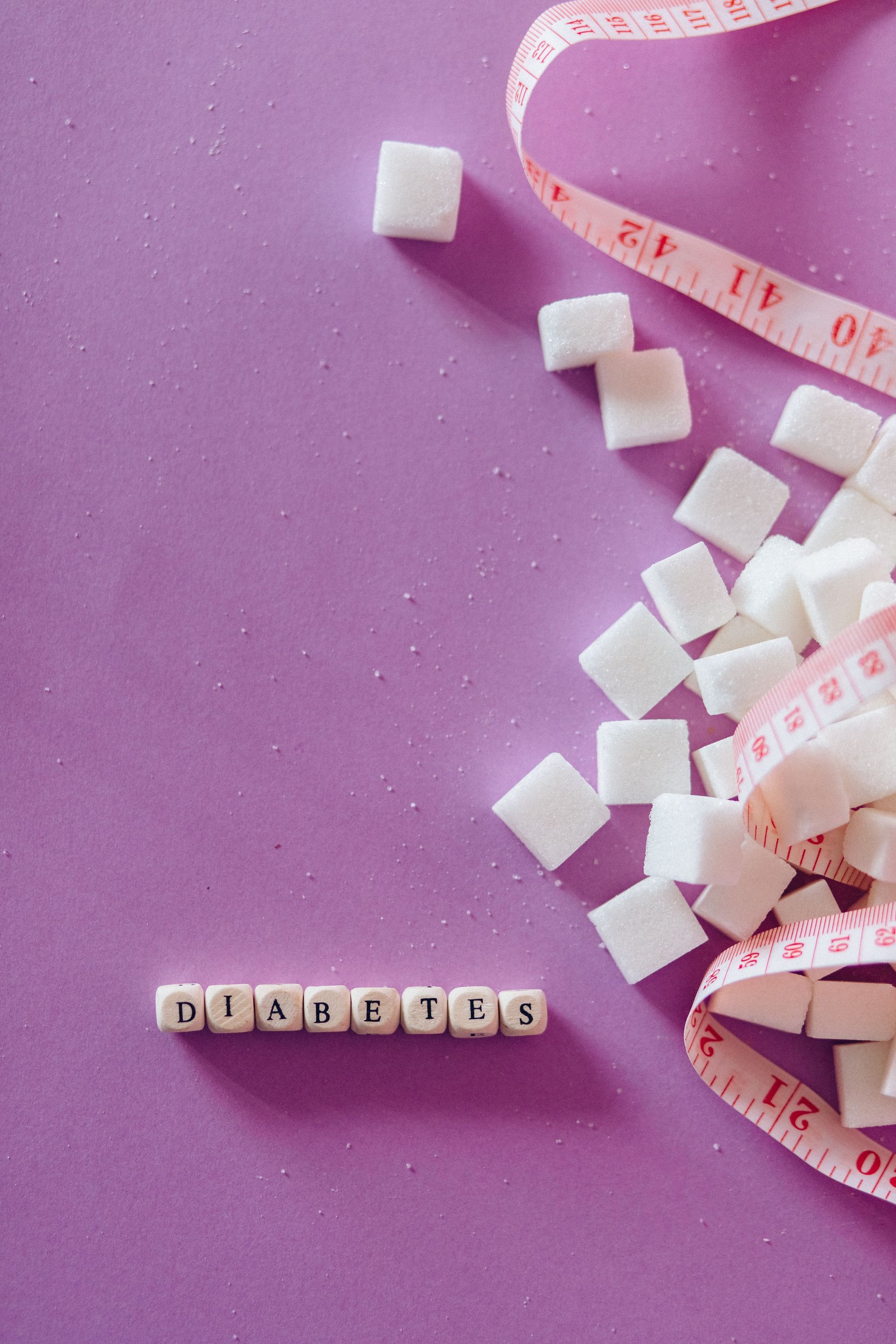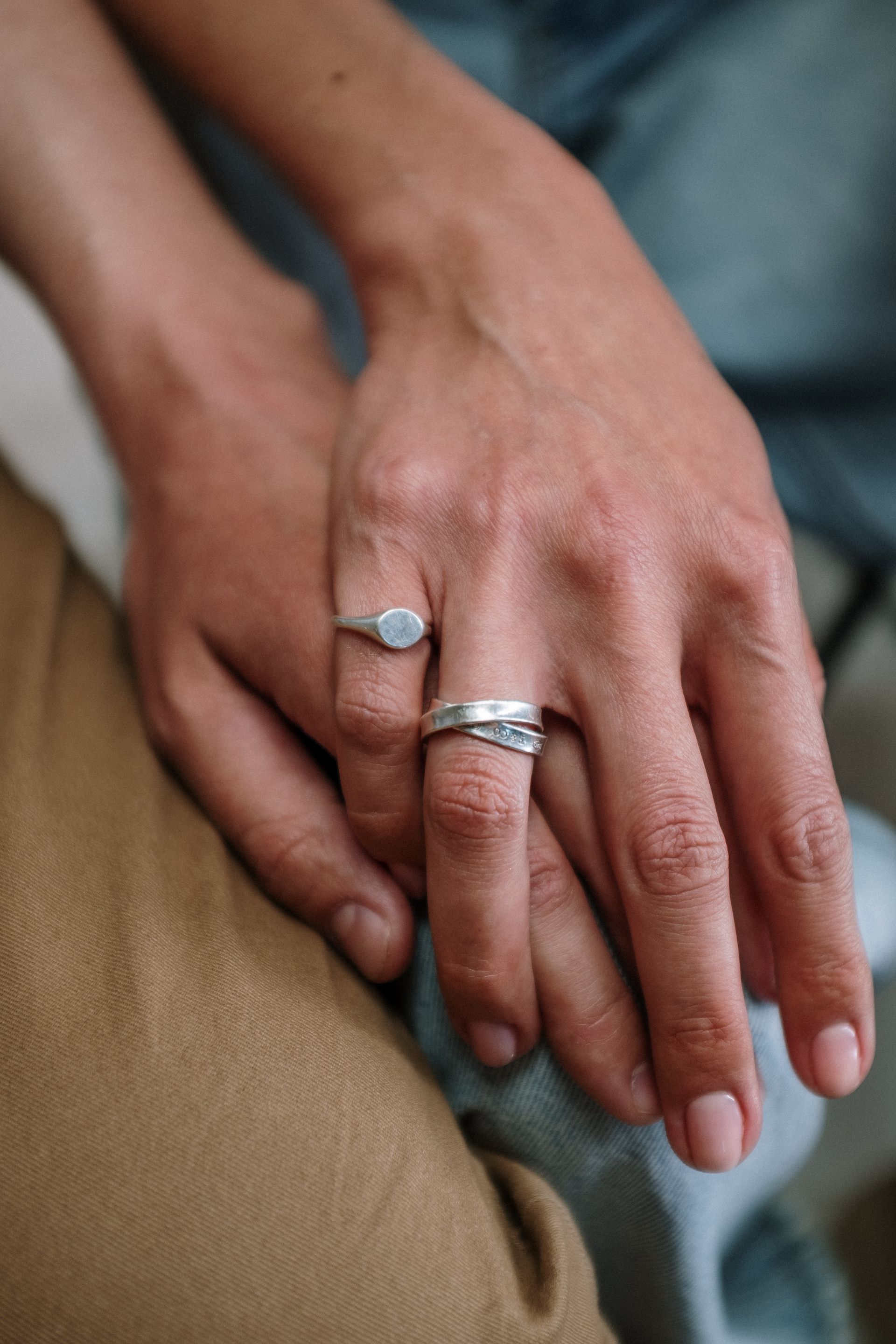Blog Layout
What Are Venous Valves and Why Are They So Important?
You may know that your veins transport blood to the heart, but you might not know as much about the structure of these blood vessels. For example, did you know that your veins are equipped with a set of valves that ensure your blood flows through them properly? Here is a quick and simple overview of your venous valves, outlining how they work.
How valves work
Venous valves typically consist of two elastic flaps of tissue that open and close in alternation. Venous valves work in conjunction with the musculoskeletal system. Muscles constantly contract and release, causing the blood to flow toward the heart. The valves open, allowing the blood to flow, and close, stopping the blood from flowing backwards.
After running through this network of veins, blood reaches the heart and travels to the lungs, which supply it with oxygen and allow it to expel carbon dioxide and other waste. The oxygenated blood then courses through the pulmonary vein back to the heart, which pumps it through the arterial system to the rest of the body.
The danger of backflow
The regular opening and closing of valves prevents backflow (blood that is flowing in reverse — also called venous reflux or insufficiency). If backflow occurs, blood can begin to pool in the veins, potentially damaging them. Most common venous disorders are caused by the backflow or venous insufficiency.
Varicose veins
Healthy venous valves successfully open and close as necessary. In many people, the valves will break, leading to backflow or venous insufficiency. This can lead to varicose veins.
These distended blood vessels result in moderate to severe pain and visible swelling, in addition to preventing blood from circulating as it should.
When left untreated, varicose veins can result in skin ulcers, blood clots, increased pain and swelling, and even deep vein thrombosis (DVT). It’s best to treat varicose veins as soon as possible to avoid these costly and, in the case of DVT, potentially life-threatening complications.
Contact The Vein Specialists today at 309-862-4000 to schedule a consultation with one of our physicians or request an appointment online at www.ILveins.com. We have convenient locations at 3302 Gerig Drive in Bloomington or 2011 Rock Street, Suite D2 in Peru.
Share
Tweet
Share
Mail
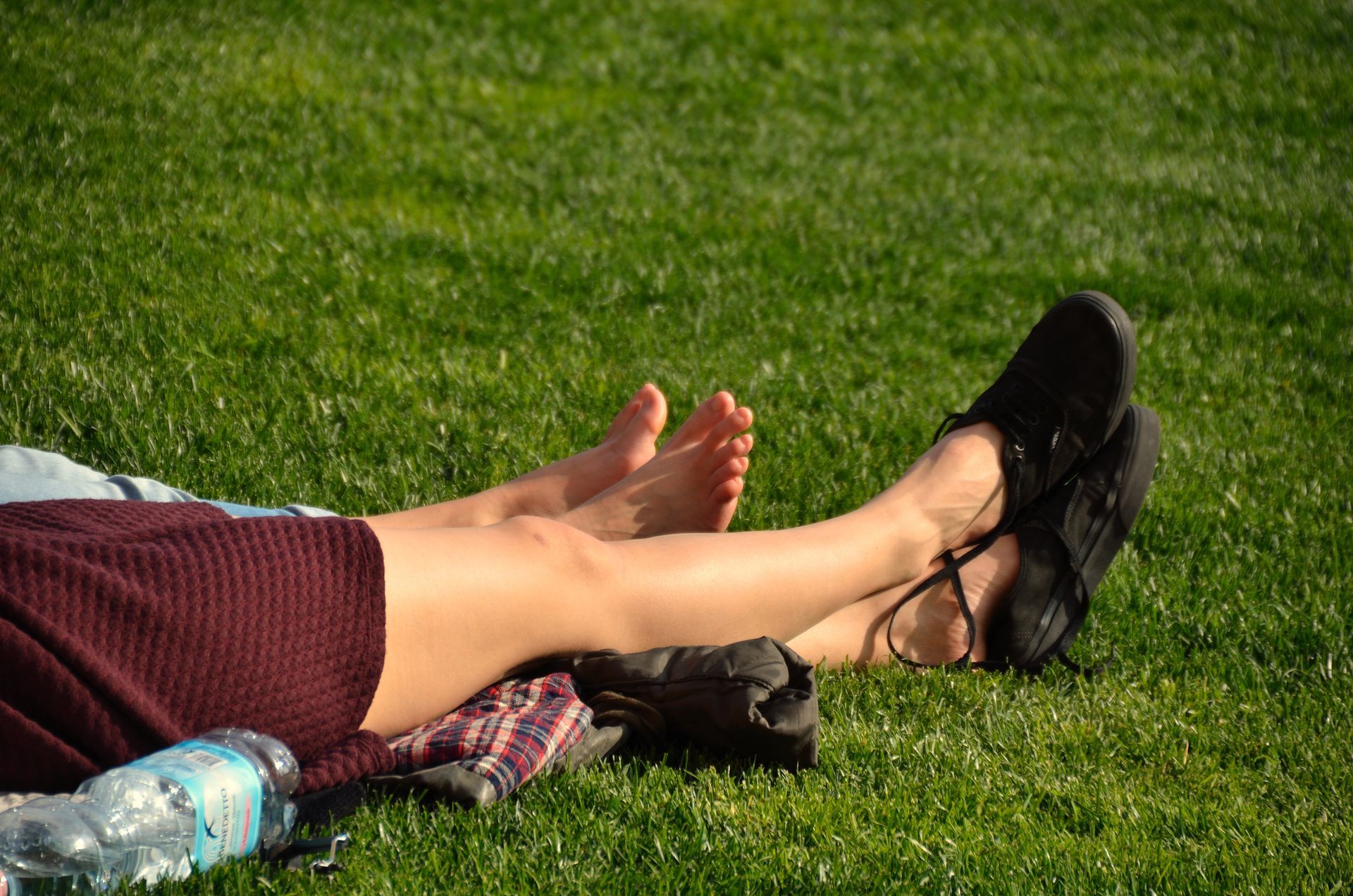
28 Mar, 2024
Discover essential springtime tips for improving vein health. Learn how to safely transition from a sedentary lifestyle to active routines with exercises that boost circulation, the importance of hydration, and a vein-healthy diet. Perfect for those seeking to prevent varicose veins and enhance overall well-being.
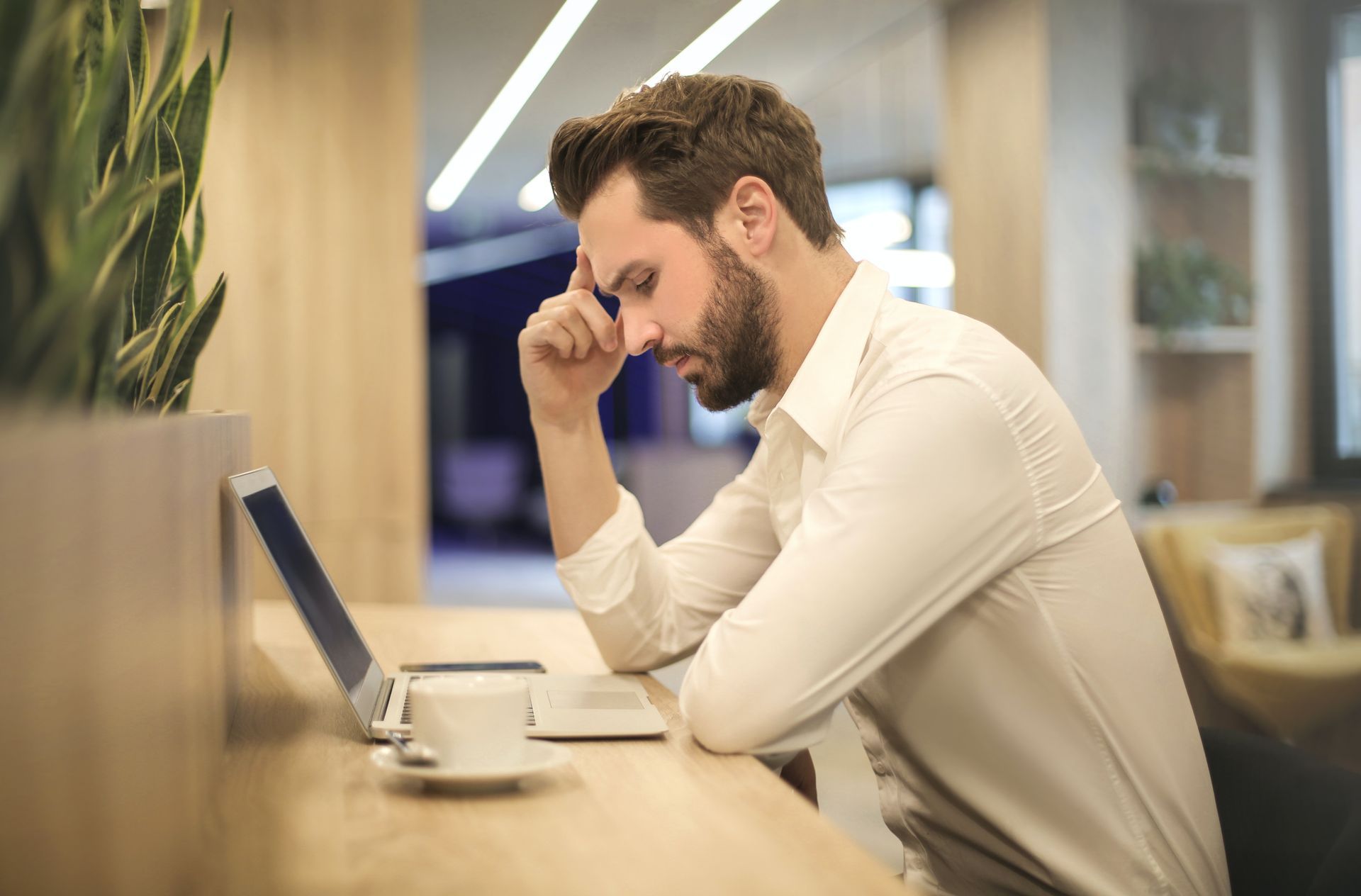
08 Mar, 2023
While our practice is focused on treating vein conditions, we also care for the whole person. And one of the most serious threats to our health is a sedentary lifestyle. Some experts have even started calling this the “sitting disease!”. Prolonged hours of sitting or standing have proven to increase the risk of developing varicose veins or accelerate symptoms of varicose veins as well as contribute to many other health issues such as heart disease, diabetes, and depression.
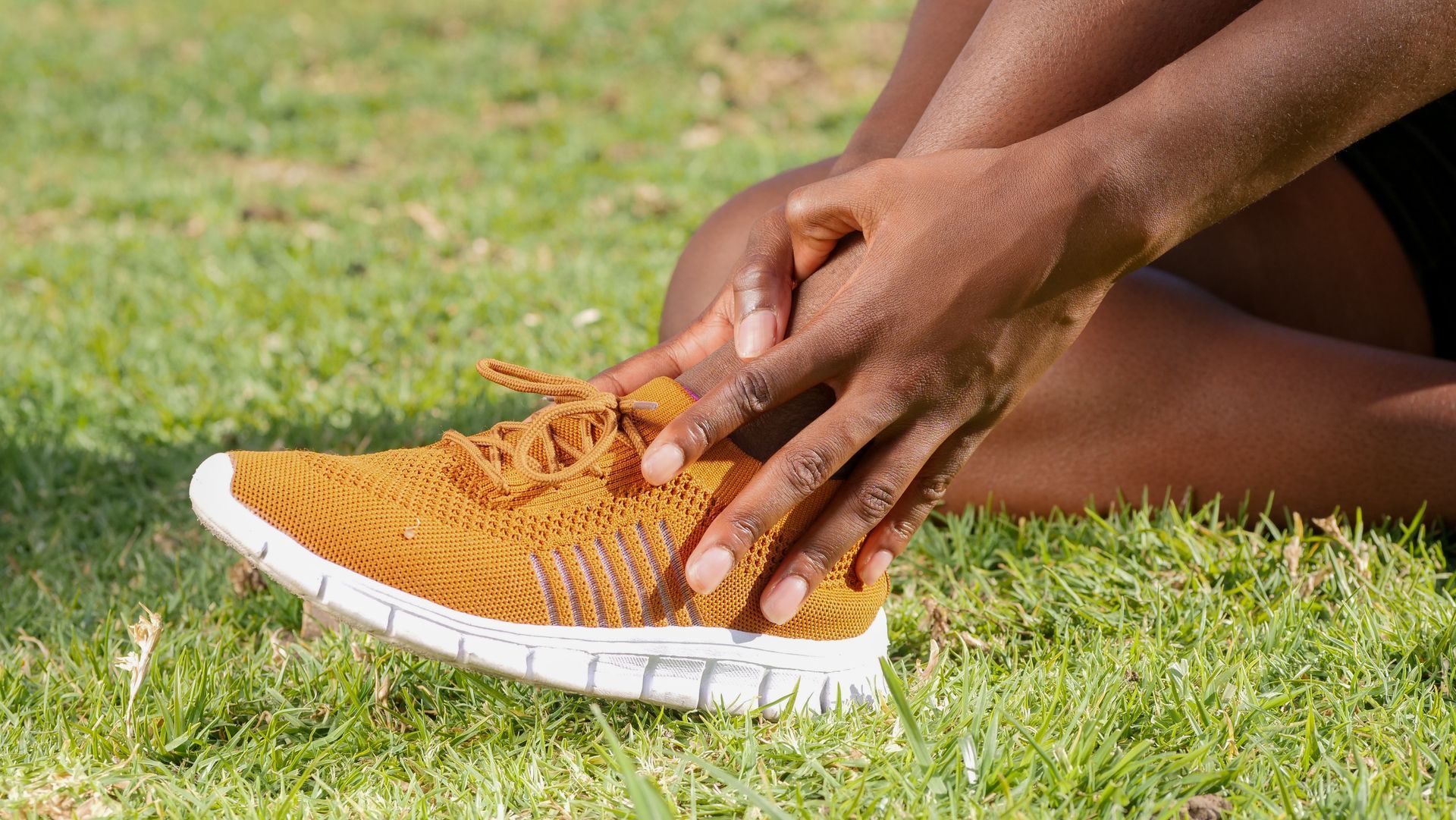
08 Mar, 2023
We inherit many physical characteristics from our parents and grandparents such as eye color or height. Some health issues are also inherited including varicose veins. It’s a fact that if one of your parents has varicose veins, you have a 45-50% risk of developing them too. If both of your parents have varicose veins, you have a greater than 90% risk factor of developing varicose veins yourself.
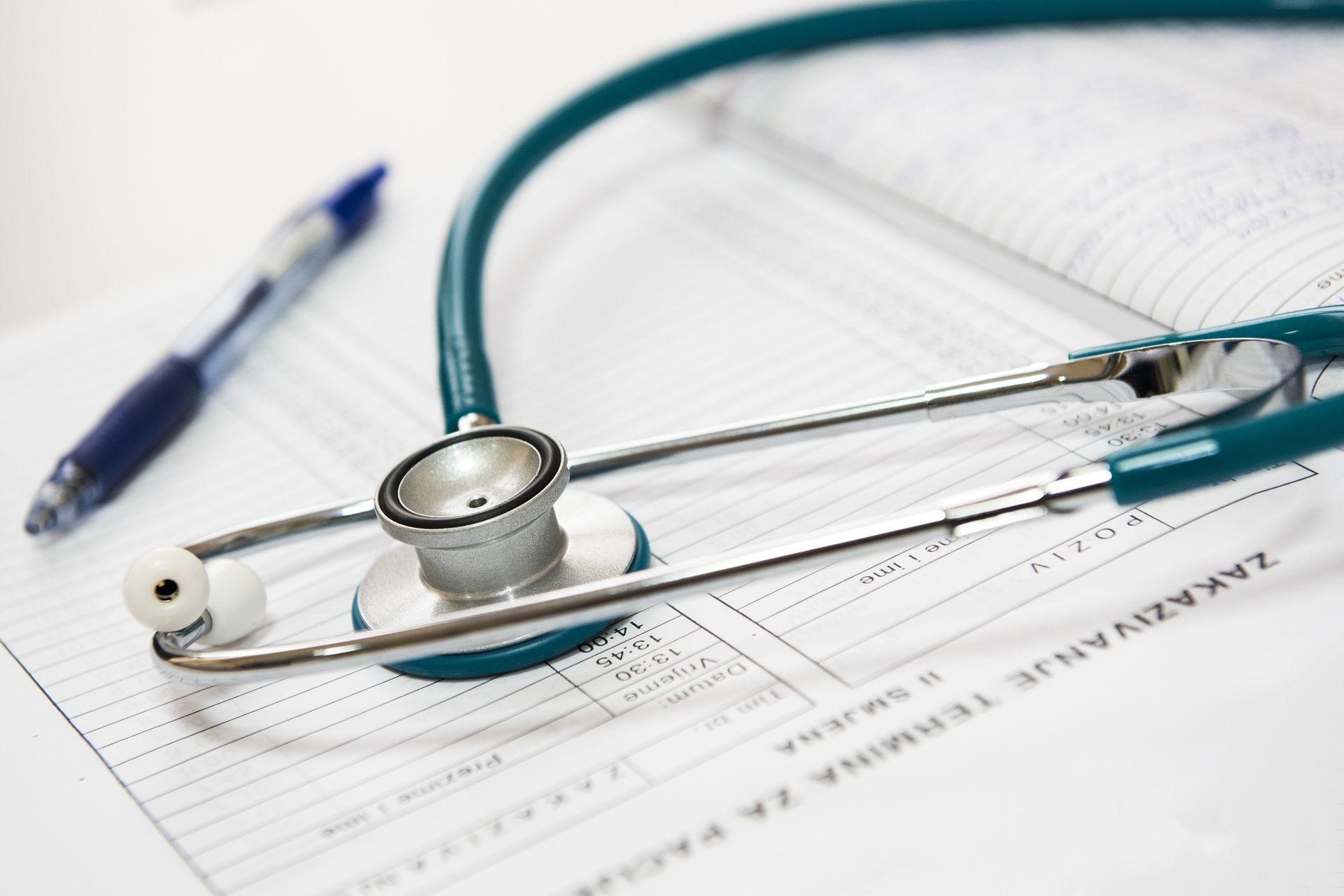
08 Mar, 2023
Over 30 million Americans suffer from venous disease, specifically varicose veins, and many didn’t know they were at risk or recognize the signs and symptoms as they occurred. Have you ever wondered if you have or are at risk of getting varicose veins? The following information will help you understand their cause, signs, and symptoms
“Our mission is to provide each patient with a comfortable, respectful care as well as delivering the best possible vein treatment."
QUICK LINKS
CONTACT
(309) 862-4000
HOURS: Mon-Fri 8:30am - 4:30pm
Bloomington
3302 Gerig Drive, Suite 100
Bloomington, IL 61704
Peru Office
2011 Rock Street, Suite C
Peru, IL 61354
Add your custom HTML here
